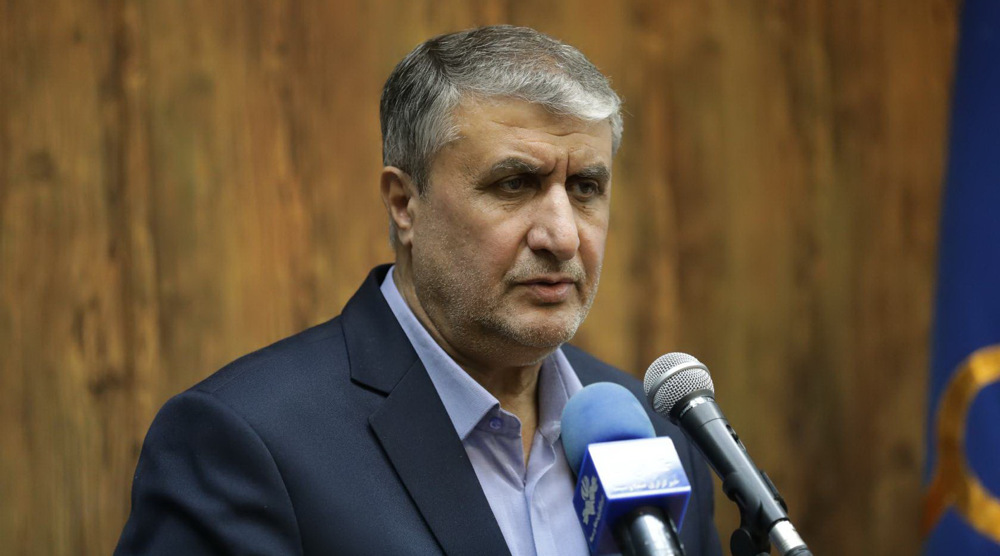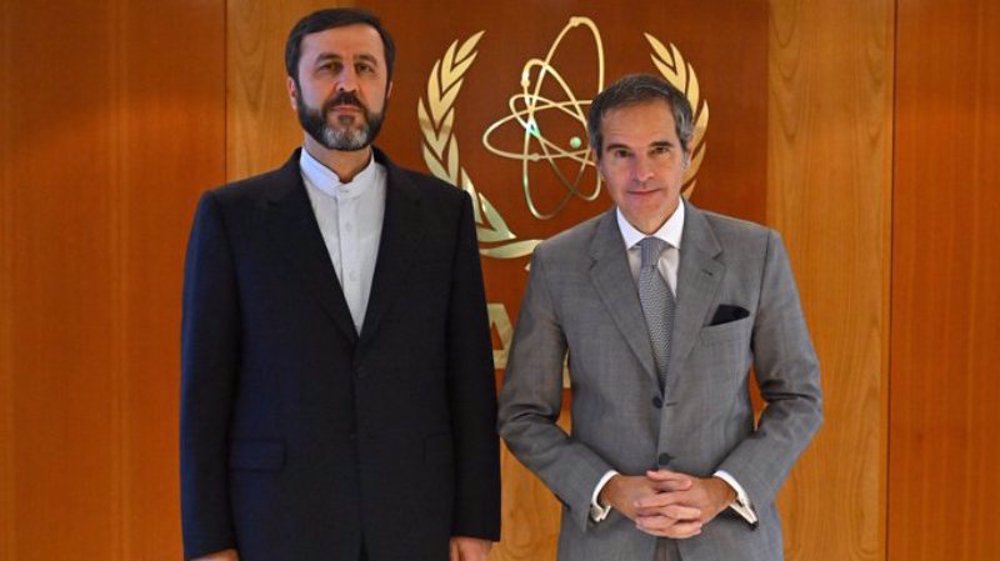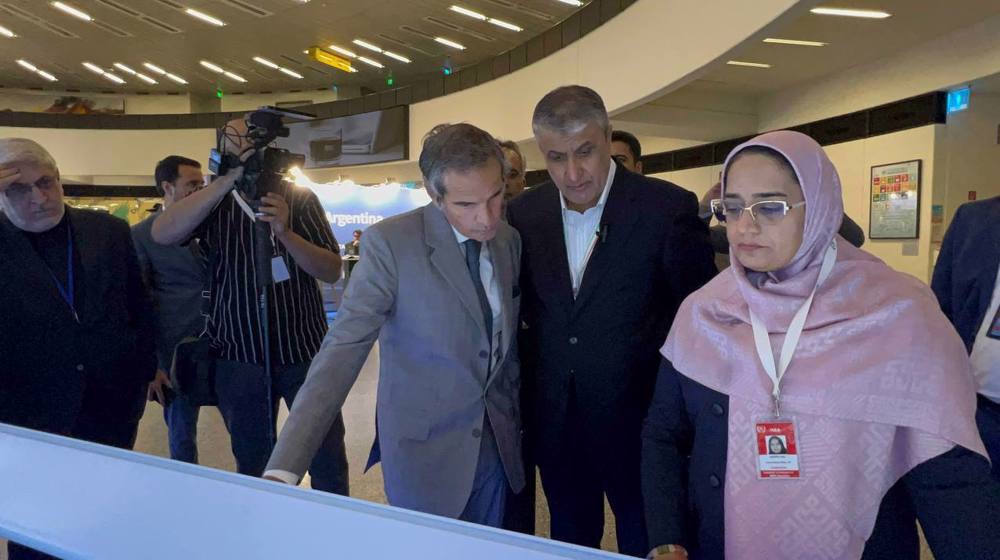Iran abiding by nuclear-related commitments: Amano
The International Atomic Energy Agency (IAEA) has once again reiterated Iran’s adherence to the 2015 nuclear agreement with the P5+1 group of countries, stressing that UN inspectors are facing no problems in their verification efforts.
“The IAEA can state that such nuclear-related commitments are being implemented,” the IAEA chief, Yukiya Amano, told a news conference in Abu Dhabi, the United Arab Emirates, on Monday, a day after he met with senior Iranian officials in Tehran.
“I requested that Iran ... fully implement the nuclear-related commitments. This [was] the main thrust of the meeting in Iran... Regarding the activities of our inspectors, they are discharging their responsibility without problem," Amano, whose inspectors are tasked with monitoring compliance with the JCPOA, said.
The IAEA chief made a day-long visit to Tehran and held talks with President Hassan Rouhani, head of the Atomic Energy Organization of Iran (AEOI), Ali Akbar Salehi, and Foreign Minister Mohammad Javad Zarif. Amano and Salehi also attended a joint press conference.
The Iranian president told Amano that the Islamic Republic sought to boost long-term cooperation with the IAEA and stressed the importance of maintaining the independence and impartiality of the UN nuclear agency.
Rouhani also emphasized the significance of showing respect for international regulations and treaties, saying Iran had repeatedly announced that it would not be the first country to walk away from the landmark nuclear agreement, known as the Joint Comprehensive Plan of Action (JCPOA), reached between Iran and the P5+1 group of countries more than two years ago.
“We will remain committed to the JCPOA as long as we are able to enjoy the benefits mentioned in it,” the Iranian president said.
Iran and the five permanent members of the United Nations Security Council – the United States, France, Britain, Russia and China – plus Germany signed the nuclear agreement on July 14, 2015 and started implementing it on January 16, 2016.
Under the JCPOA, Iran undertook to put limits on its nuclear program in exchange for the removal of nuclear-related sanctions imposed against Tehran.
Elsewhere in his remarks, Amano said he had told Iranian officials that the JCPOA was a “significant gain for verification.”
US President Donald Trump delivered an anti-Iran speech on October 13, in which he said he would not continue to certify Iran’s compliance with the terms of the JCPOA, reached under his predecessor Barack Obama, and warned that he might ultimately terminate the agreement.
The US Congress now has less than 60 days to decide whether to reimpose economic sanctions on Tehran that were lifted under the nuclear accord.
The other parties to the accord -- Britain, Germany, France, Russia, China and the European Union -- have all reaffirmed their commitment to it and urged the United States not to back out.
The IAEA is the only official institution in charge of verifying Iranian compliance and it has repeatedly verified Iran’s adherence to its contractual obligations.
Read more:
'Hello my enemies': Lebanese journalist on Israeli threats and his resolve to continue
Outrage in France as MP proposes bill to ban criticism of Israel
VIDEO | The strategy of Hezbollah in war
Israeli military withdraws several brigades from southern Lebanon: Report
48-year-old Palestinian man serving 48 life terms completes 22 years in Israeli jails
From MKO to Tondar, how Germany became safe haven for anti-Iran terror groups
Hamas open to any proposal aiming to end Gaza war: Hamdan
Role of private sector in Iran’s thriving space industry











 This makes it easy to access the Press TV website
This makes it easy to access the Press TV website